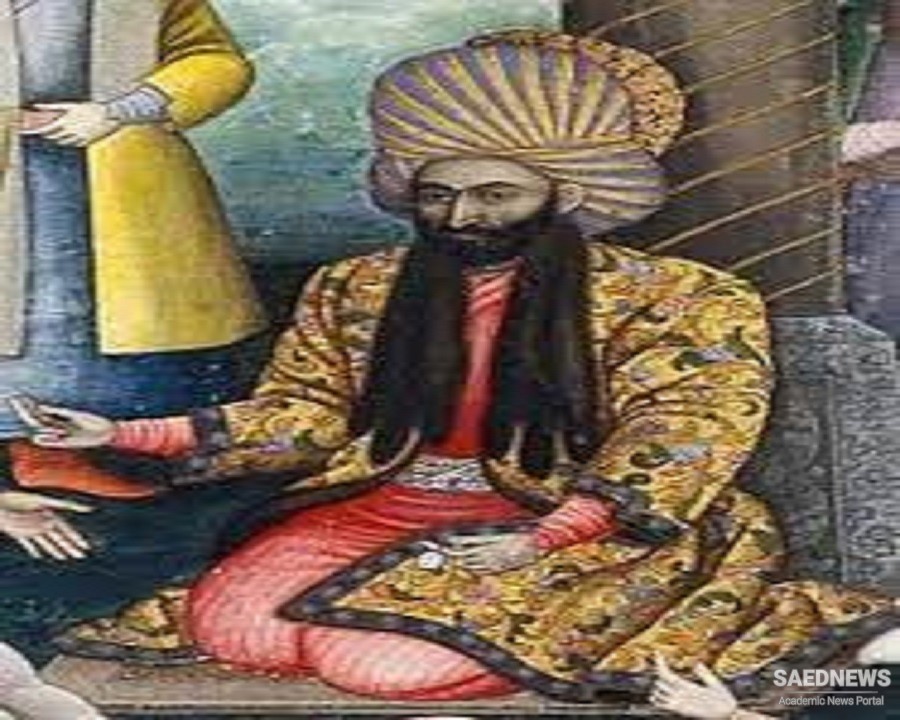Moreover, he could not rely on the shah, apathetic, irresolute and inconsistent as he was. In these circumstances every member of the government and court strove to realise his own particular aims — or at least each pressure group did - and to thwart the opposing plans of others. In this way the proposed Qandahar campaign had met with violent opposition. The chief opponents of the grand vizier were the mulla-bdsht, Muhammad Husain, and the royal physician {hakim-bdshi), Rahlm Khan, in this case because of the increased power and prestige a successful campaign might bring him.
With the help of a forged letter to a Kurdish tribal chief they made accusations of high treason against him to the shah. Fath 'Ali Khan was alleged to be part of a SunnI conspiracy to depose the monarch and assume power himself. Without investigating the charge, Sultan Husain relieved him of his office and had him blinded and imprisoned. Lutf 'Ali Khan was likewise accused of complicity in the plot, enticed from Shiraz to Isfahan and there thrown into prison.
Any continuation of the march to Qandahar was now out of the question. The court turned back to Isfahan, where it arrived at the end of April 1721. Those of Lutf 'Ali Khan's troops who had not already dispersed, now the only remaining operational force of the shah, were dispatched under a different command against the Afghans. As a result of various conflicts on the way, however, they were almost totally wiped out long before their destination was reached.
Although by no means all authors agree in their judgment of Fath 'Ali Khan Daghistani, it is certain that in eliminating him and his nephew the shah had removed the two strongest pillars of the now shaky edifice of his power. The accounts of the Turkish ambassador Durri Efendi, who left Persia at this time, confirm precisely what his Russian counterpart Volynsky had reported to the Tsar two years earlier, namely that Safavid rule was on the point of collapse because of a lack of talented personalities in the government.


 Gen. Soleimani’s daughter renews vow to avenge father’s assassination
Gen. Soleimani’s daughter renews vow to avenge father’s assassination














































